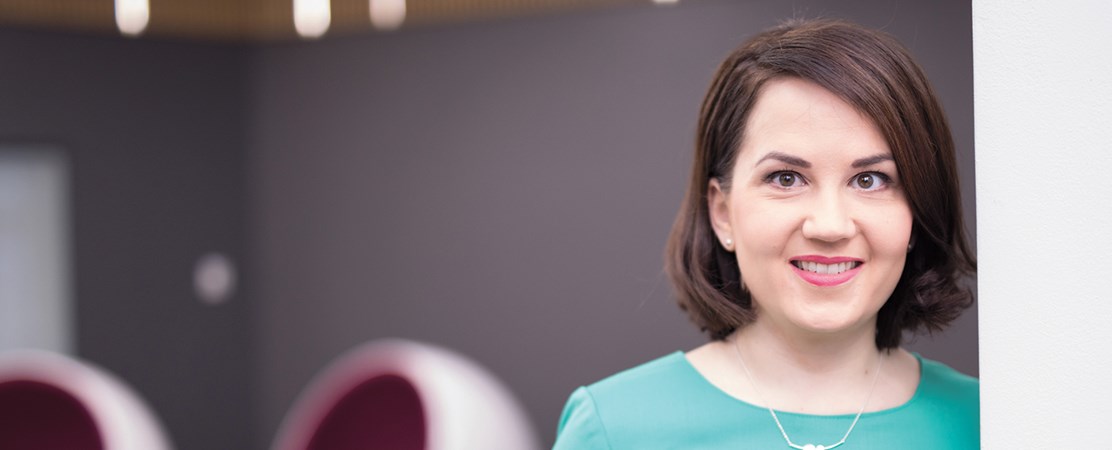Education, an Essential Part of Arctic Cooperation

By Sanni Grahn-Laasonen, Minister of Education, Finland
Finland’s chairmanship of the Arctic Council in 2017–2019 is at full speed. In addition to education, the priorities of Finland’s chairmanship are environmental protection, meteorological cooperation and connectivity.
In the chairmanship program Finland also identified two broad frameworks in Arctic cooperation. One is climate change – mitigation, adaptation and building resilience. The other is sustainable development, utilizing the goals set in the United Nations’ Agenda 2030.
While we were preparing for the chairmanship, UArctic was approached to support a theme that is vital for sustainable development: education. This idea was received with great enthusiasm by UArctic, and UArctic was also instrumental in putting together a considerable project through its teachers and educators. I would like to congratulate the UArctic Thematic Network on Teacher Education for Social Justice and Diversity in Education for having recently received a positive response from UNESCO for their application to become a UNITWIN network – the first of its kind in Finland.
Education is an essential theme in Arctic cooperation. Finland is one of the model countries in providing high-quality, equal education to all children in the country. The Sámi communities in Finland, Sweden, Norway and Russia are also actively cooperating in this field.
It is a pleasure that a Model Arctic Council will be held in Rovaniemi, Finland in October 2018. This simulation project brings together higher education students and institutions from Arctic countries and highlights education as a priority during Finland’s chairmanship. The project will strengthen the platform of institutional and educational development.
Science and research always go hand in hand with higher education. The legally binding agreement on scientific cooperation was signed between the Arctic countries in May 2017, and entered into force in May 2018. Another major achievement is the second Arctic Science Ministerial to be held in Berlin, Germany in October 2018, a meeting that Finland is co-arranging.
It is well known and acknowledged that UArctic is much involved in state-of-the-art Arctic science. One of the topical matters is resilience. The Arctic is changing, and we should be prepared to address the needs that come with the changing circumstances. The local people should stay safe and prosperous. Research on and new knowledge of the environment and society must be key inputs in decision-making.
It is a joy that the UArctic Congress 2018 will be held in Finland, in Oulu and Helsinki, in September 2018. I am sure that the Congress participants will take the Arctic agenda forward by creating and strengthening collaborations that produce new findings and solutions for the future of the Arctic region.
UArctic, the University of the Arctic, is an outstanding part of Arctic cooperation.
